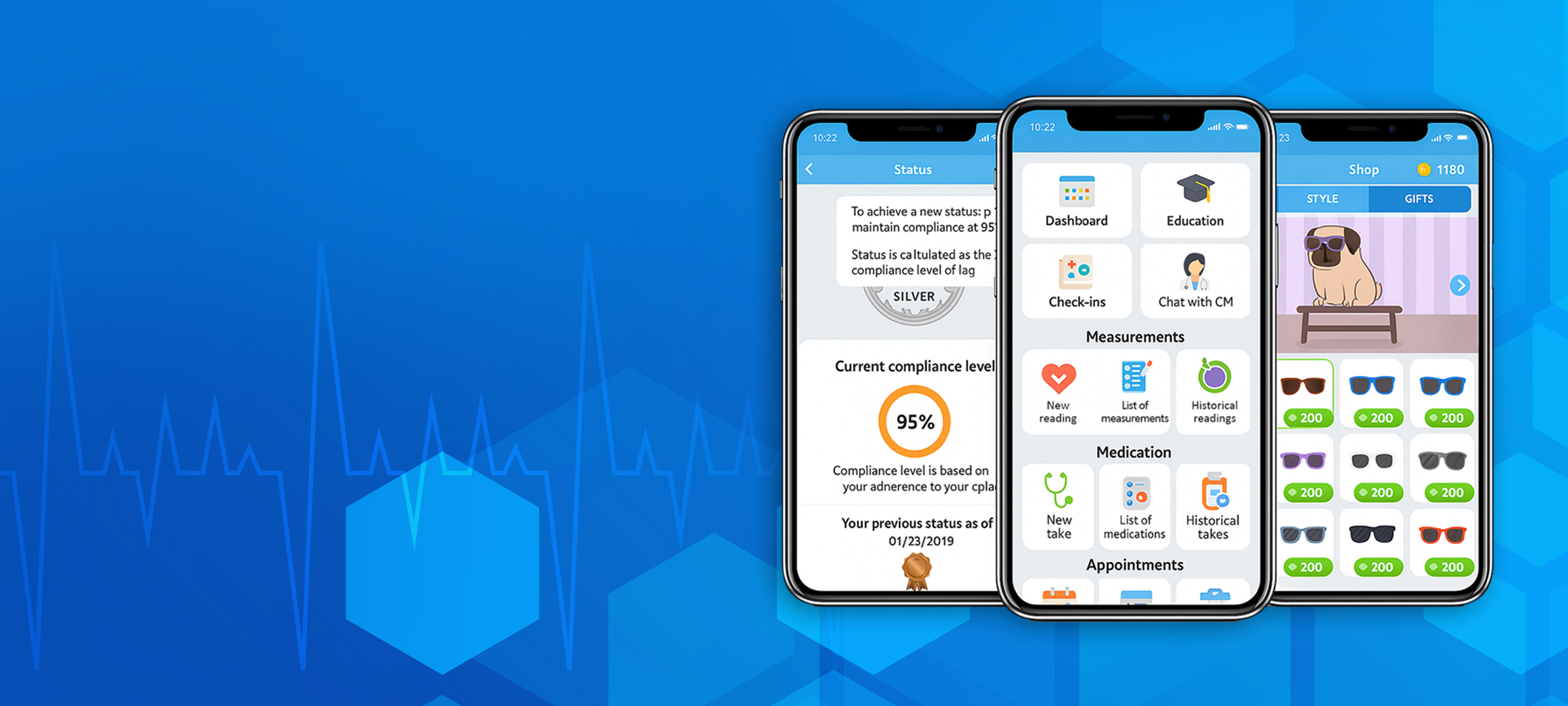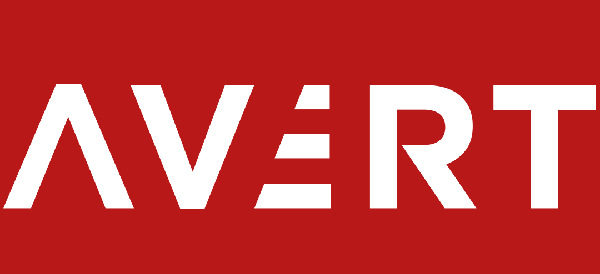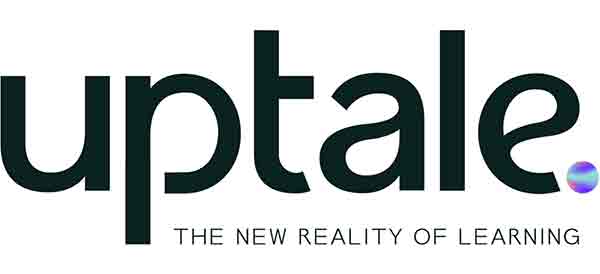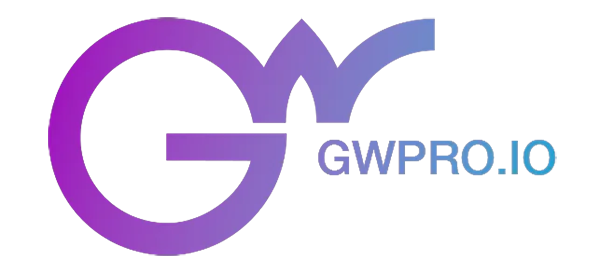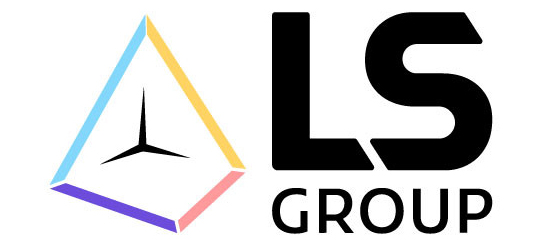Regarding software solutions, two primary approaches stand out: custom software development and off-the-shelf software. These two paths, while both viable, present distinctly different benefits, drawbacks, and overall experiences, all of which hinge on the specific requirements, resources, and objectives of your company.
As a reputable custom software development company, Program-Ace seeks to illuminate these differences, helping your business make the most informed decision possible.
Custom Software Development
This approach, as the name suggests, involves building software tailored to the unique requirements of your business. When engaging in custom software development, Program-Ace takes a collaborative approach, working closely with your business to understand your needs, goals, and constraints. This understanding allows us to develop a custom software solution that is unique to your organization and designed specifically to meet your needs.
Advantages of custom software development include:
Tailored solutions. Custom software is precisely that—custom. It's created to cater specifically to your business operations, increasing efficiency and productivity by addressing your unique needs.
Scalability. As your business grows, so can your custom software. It's designed to adapt and scale according to your changing needs and market conditions, a feature often absent in off-the-shelf software.
Competitive edge. Given its unique nature, custom software offers competitive advantages. Your competitors won't have the same features and efficiencies, setting you apart in your market.
Ownership. With custom software development, you hold full ownership of the final product. This means you are not bound by the restrictions often imposed by proprietary off-the-shelf software.
However, it's important to note that custom software development also comes with certain challenges. These may include higher initial costs and longer development times compared to off-the-shelf solutions.
Off-the-shelf Software
In contrast, off-the-shelf software is a ready-made product, available for purchase and use 'as is'. It's developed with a broad audience in mind, aiming to address the needs of as many users as possible.
Advantages of off-the-shelf software include:
Quick implementation. Since the software is already developed, it can be implemented swiftly, offering immediate solutions.
Cost-effective. Generally, ready-made software is less expensive upfront than custom software development.
Proven performance. Since multiple businesses use it, any bugs or issues are likely to have been identified and addressed.
On the downside, custom software offers more flexibility than off-the-shelf software. It may not fit perfectly with your business operations and can be difficult to adjust as your business evolves. Also, the same solution is available to your competitors, offering no competitive advantage.
Thus, choosing between custom software development and off-the-shelf software ultimately depends on your specific needs, budget, time frame, and long-term business goals. Custom software development may be the way to go if you desire a software solution that aligns closely with your unique business processes, provides a competitive advantage, and can grow with your business.
At Program-Ace, we are dedicated to helping businesses harness the power of custom software development, providing tailored solutions that deliver tangible value and results. Let us help you navigate the digital landscape and build the perfect software solution for your business.
The choice between custom software development and off-the-shelf software is not a simple black-and-white decision; it's more of a spectrum where the right choice depends on numerous factors specific to your business. As such, in-depth understanding and careful consideration of the key differentiators between these two paths can empower your business to make the best software decision.
One fundamental difference lies in the realm of flexibility and adaptability. Custom software, crafted uniquely for your business, offers the highest degree of flexibility. It is akin to building a house to your own specifications — you dictate the floor plan, the materials, the aesthetics, and the functionalities.
As your needs change over time, the software can evolve accordingly, thanks to the inherent adaptability of custom software development. In contrast, off-the-shelf software often forces companies to adapt their operations to the software, not the other way around. This 'one-size-fits-all' approach might not accommodate your specific business processes, potentially leading to inefficiencies and workarounds.
Another critical area is the integration capabilities of the software. Off-the-shelf software, while generally good at what it does, might not play well with other systems in your business ecosystem. In contrast, custom software is designed with integration in mind. It can smoothly interface with your existing systems, reducing friction, streamlining workflows, and enhancing overall productivity.
Moreover, consider the long-term value of the software.
Off-the-shelf software might seem like a cost-effective option in the short term, but custom software development can provide superior value over the long haul. It's an investment that, with proper planning and execution, can yield significant ROI through increased efficiencies, improved customer experiences, and potential new business opportunities.
The choice between custom software development and off-the-shelf software is a strategic decision that can significantly impact your business's future. It's vital to weigh the pros and cons of each approach against your business's specific needs and objectives. As a leading custom software development company, Program-Ace is here to help guide you through this process. Let's collaborate to create a software solution that empowers your business to reach its full potential.








